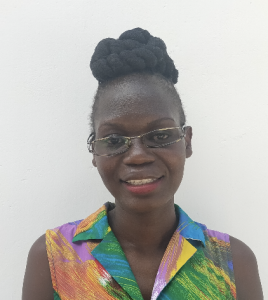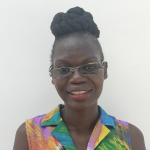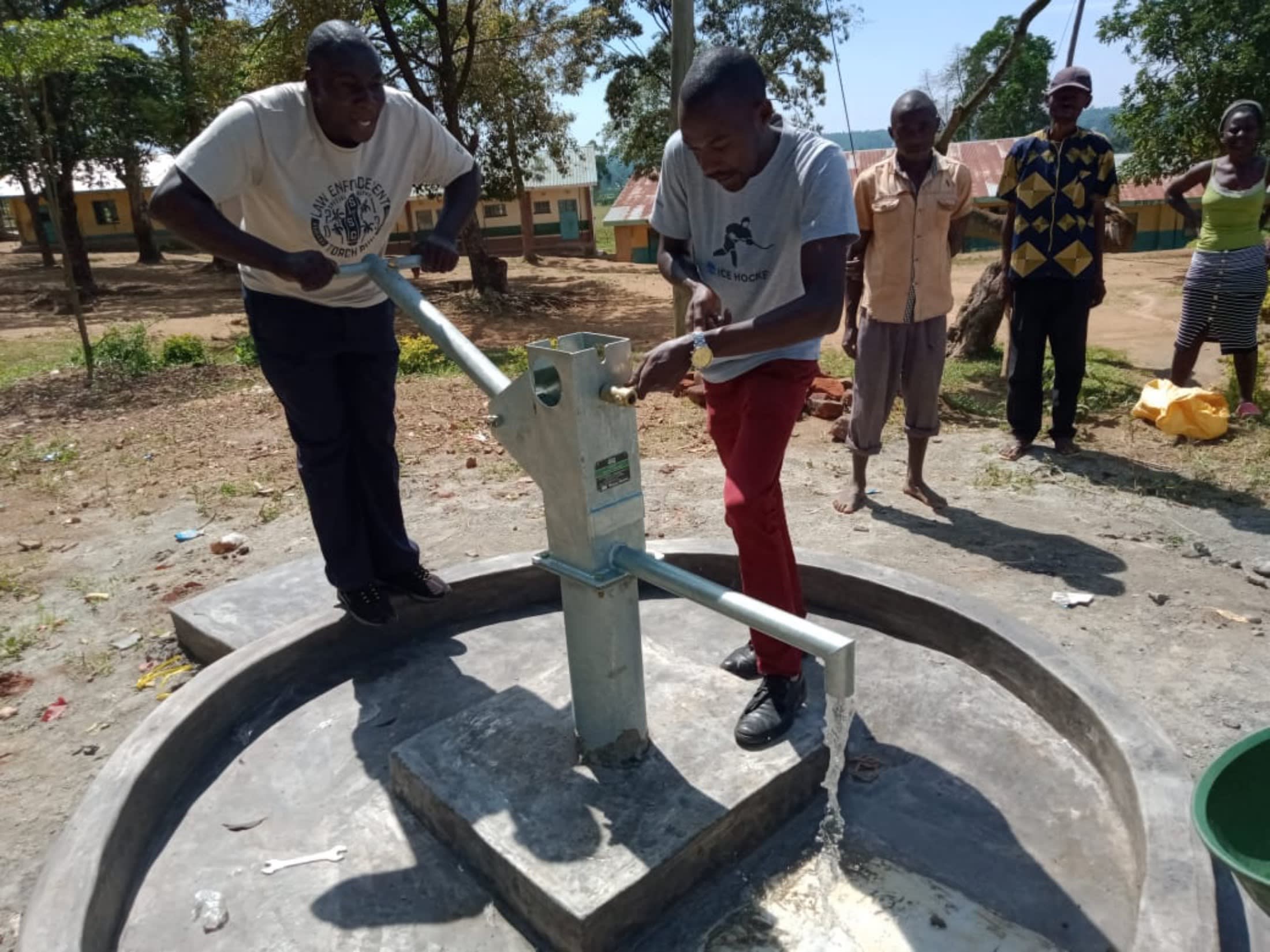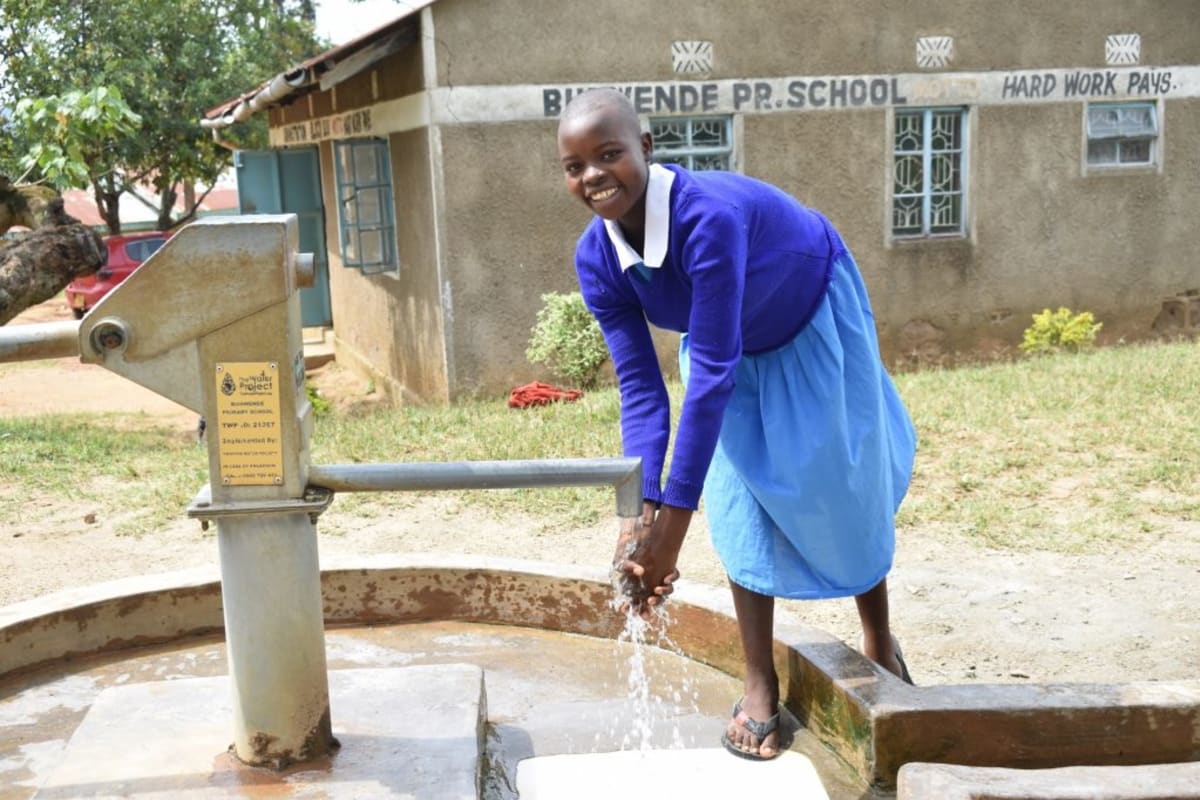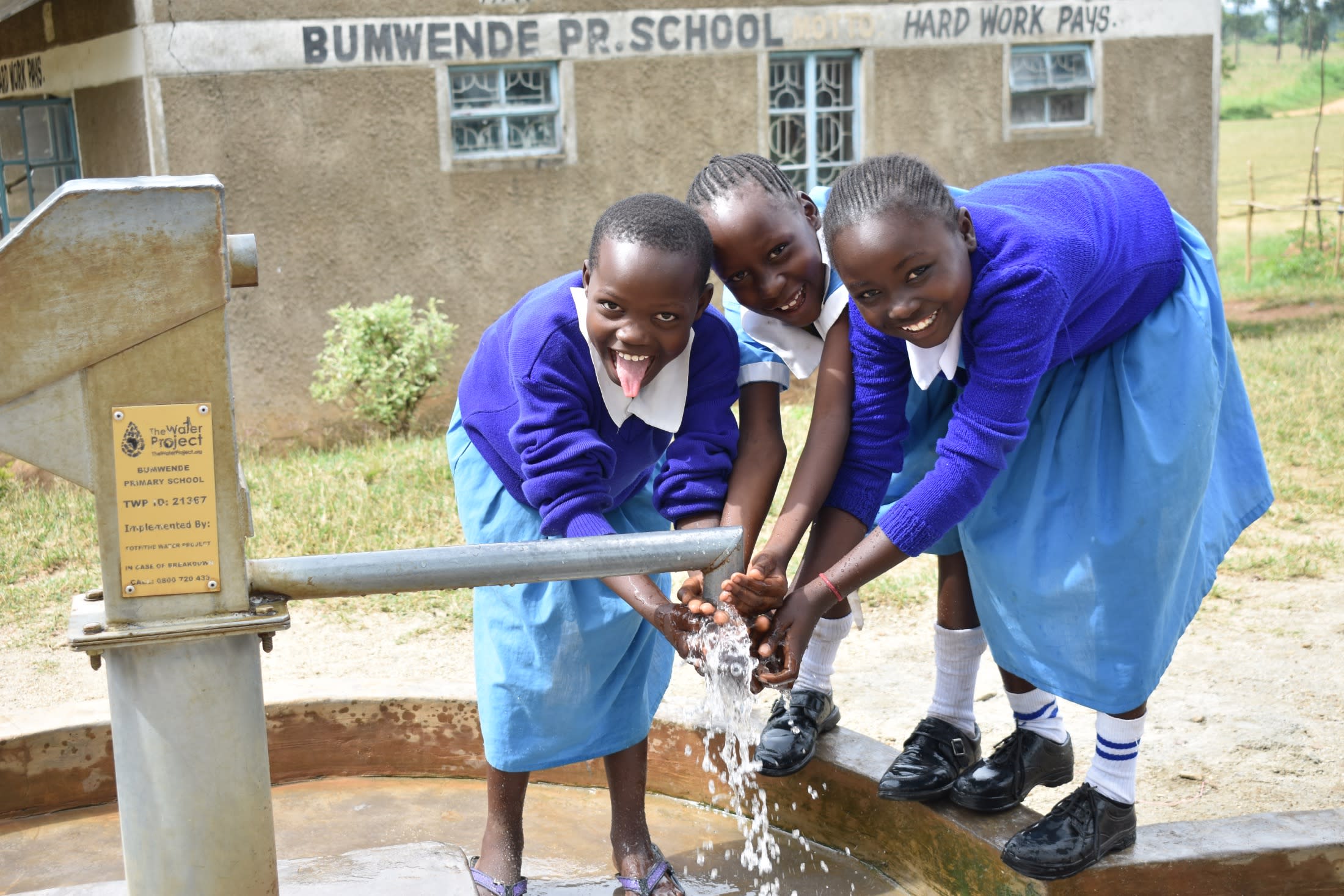With 1077 students to provide for, Bumwende Primary School’s two rain tanks and seasonal hand-dug well do not provide nearly enough water.
The rain tanks are only effective during the rainy season: during the dry season, their water disappears quickly. The hand-dug well is seasonal as well. Sometimes students go to fetch water from the well only to find that there is no water to draw.
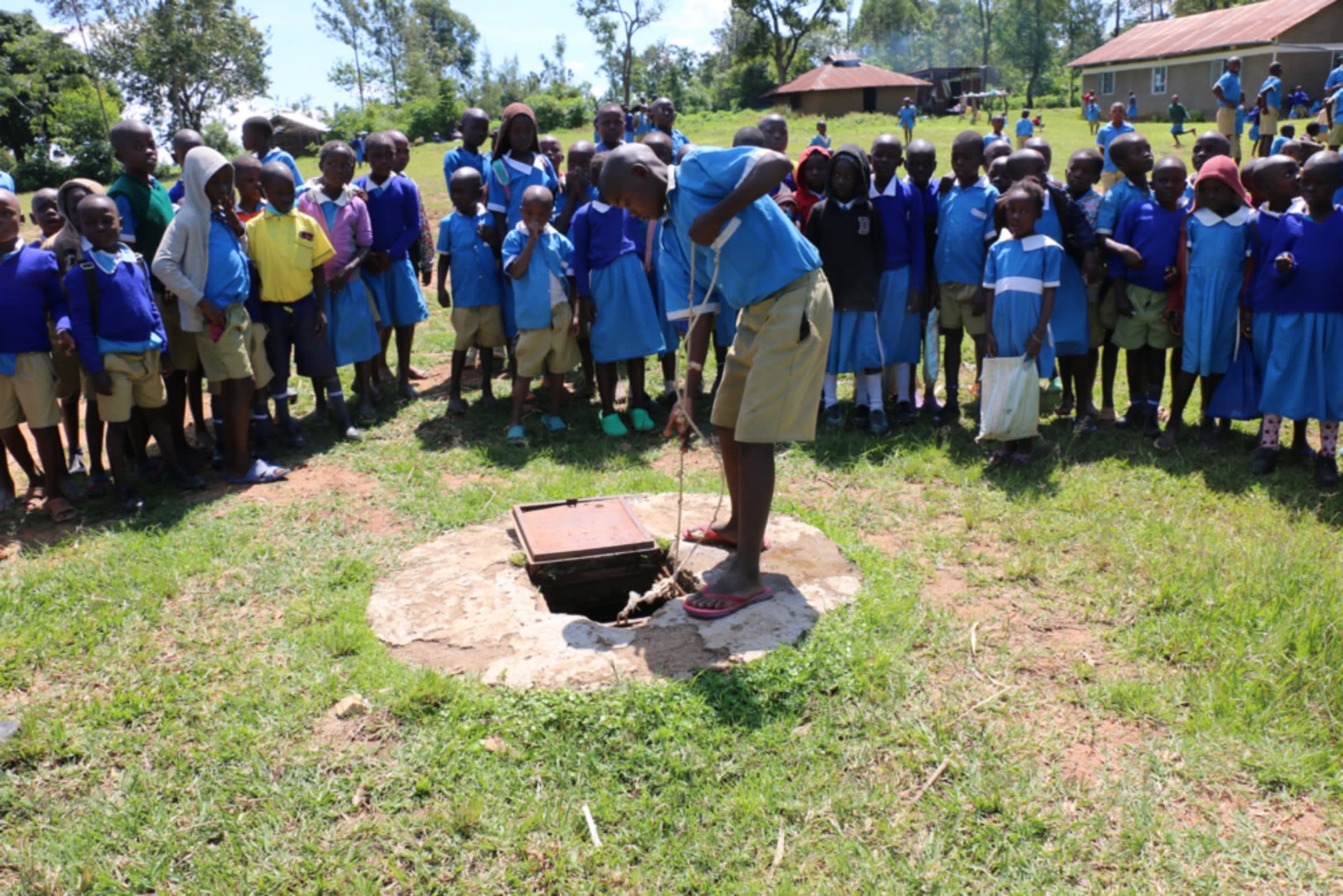
"When it dries up, we lack drinking water. Also, there is hostility among the pupils because of the large lines waiting to collect water," said student, Phelisters A.
The delays affect students' class time, academic performance, and meals at the school.
"I have to carry my own drinking water in my bag from home daily," said Head Teacher Robert Indakwa.
The surrounding community members also depend on the same seasonal hand-dug well, which forces the school management to lock it up when school is not in session. This has led to tension between the school and the community.
The hand-dug well is also dangerous for smaller students to use. If they lose their balance while fetching water, they could easily fall in the well’s open top. Sometimes, students forget to close up the well when they’re done drawing up their containers, and they subsequently get sick from drinking the contaminated water. This leads to waterborne diseases like diarrhea and cholera.
The lack of water also creates unsanitary conditions in the students’ latrines. The school doesn’t have enough water to use for cleaning. Also, because Bumwende doesn’t have enough latrines per student, each latrine is overused, exacerbating the problem.
What We Can Do:
New Well
We conducted a hydrogeological survey at this school, and the results indicated the water table beneath it is an ideal candidate for a borehole well. Due to a borehole well's unique ability to tap into a safe, year-round water column, it will be poised to serve all of the water needs for this school's large population, even through the dry months.
The school will help collect the needed construction materials such as sand, rocks, and water for mixing cement. They will also provide housing and meals for the work team, in addition to providing local laborers. We will complement their materials by providing an expert team of artisans and drilling professionals, tools, hardware, and the hand-pump. Once finished, the school’s students and staff will use water from the well and staff for drinking, handwashing, cooking, cleaning, and much more.
The school and we strongly believe that all of these components will work together to improve standards at this school, which will help lead to better student academic performance and unlock the opportunity for these students to live better, healthier lives.
Handwashing Stations
The student health club will oversee the two new handwashing stations we will provide and ensure they are kept clean and working. The club leaders will fill the handwashing stations with water daily and make sure they are always supplied with a cleaning agent such as soap or ash.
VIP Latrines
Two triple-door latrine blocks will be constructed with local materials that the school will help gather. Three doors will serve the girls, and three doors will serve the boys. These new latrines will have cement floors designed to be easy to use and clean. And with a rain tank right on school property, there should be enough water to keep them clean.
Training on Health, Hygiene, COVID-19, and More
We will hold a one-day intensive training session with students, teachers, and parents. This training will cover a wide range of topics, including COVID-19 symptoms, transmission routes, prevention; personal and environmental hygiene; and the operation and maintenance of the rain tank, latrines, and handwashing stations. There will be a special emphasis on handwashing.
Our team of facilitators will use various methods to train, including participatory hygiene and sanitation transformation and asset-based community development. We will initiate a student health club, which will prepare students to lead other pupils into healthy habits at school and home. We will also lead lectures, group discussions and provide illustrative handouts to teach health topics and promote good hygiene practices within the school, including handwashing and water treatment. We will then conduct a series of follow-up training before transitioning to our regularly scheduled support visits throughout the year.

 Borehole Well and Hand Pump
Borehole Well and Hand Pump
 Rehabilitation Project
Rehabilitation Project












